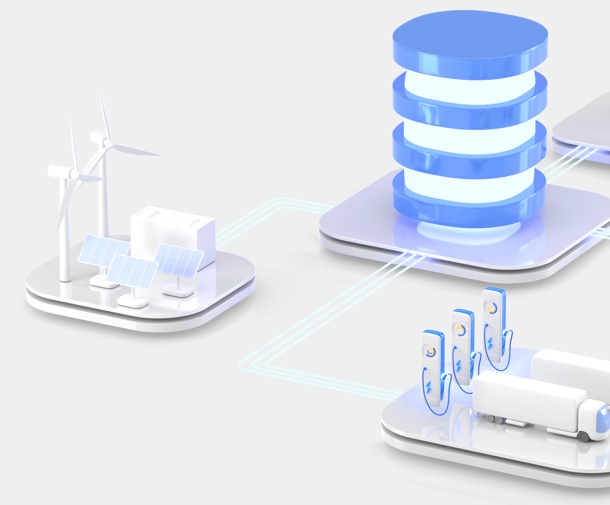- About CPTEn
- Thematic Axes
- Artificial intelligence and data science for energy management
- Regulatory innovation and funding and partnerships models
- Public policies and governance
- Economic analyses for prospection and scenarios
- Education, training and qualification of agents for sustainability
- Transition to renewable energy and bioenergy
- Transition to digital networks and smart consumption (Grid Edge Technology)
- Innovation for smart cities
- Newsletter
- CPTEn NEWSLETTER – Issue 1 – May/June 2023
- CPTEn NEWSLETTER – Issue 2 – July/August/September 2023
- CPTEn NEWSLETTER – Issue 3 – October/November/December 2023
- CPTEn NEWSLETTER – Issue 4 – January/February 2024
- CPTEn NEWSLETTER – Issue 5 – March/April/May 2024
- CPTEn NEWSLETTER – Issue 6 – June/July/August 2024
- CPTEn NEWSLETTER – Issue 7 – September to December 2024
- CPTEn NEWSLETTER – Issue 8 – January to April 2025
- CPTEn NEWSLETTER – Issue 9 – May to September 2025
- Contact
Português


Discover our thematic axes
CPTEN THEMATIC AXES
Economic analyses for prospection and scenarios
This fourth axis analyzes economic scenarios, creating assessments of the energy system and its impacts. With an emphasis on the electric matrix, it addresses economic development in relation to energy-generating matrices. This is because energy resources work as a matrix for the production system. The focus of this axis encompasses both national situations and international relations, providing opportunities for comparisons and analyses of the feasibility of integration with neighboring countries. In order to expand development possibilities, it is important to integrate matrices and to seek forms of sustainable, replaceable and renewable energy resources. This topic addresses many discussion already in place in Brazil and affects both the internal economy and the Common Market of the South (Mercosul).
Being in line with the interdisciplinarity of the São Paulo Center for Energy Transition Studies (CPTEn), our group of researchers resorts to an exclusive methodology in Human Sciences that dialogues with questions of quantitative methods used mostly in Engineering. The idea integrates economic development research with the advances in the other axes, where their analyzes serve as subsidies and propose discussions. By its nature, this work directly affects the Sustainable Development Goals (SDGs), more specifically those dealing with poverty eradication (SDG 1), affordable and clean energy (SDG7), industry, innovation and infrastructure (SDG 9 ), sustainable cities and communities (SDG 11), and partnerships and means of implementation (SDG 17).
